Foods For Healthy Uterus: 11 Nutrient-Rich Essentials
A list of all the nutritious and delicious food that can keep your uterus in good health.
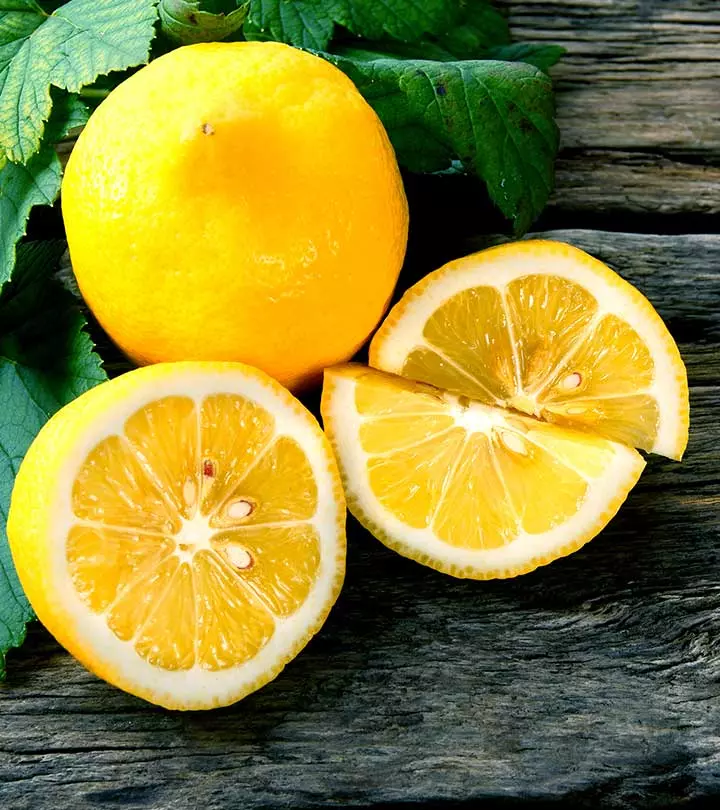
Image: ShutterStock
In a woman’s body, the uterus is a vital organ. It forms the basis of a woman’s reproductive system and plays a pivotal role in the foundation of life. Therefore, it is important that every woman consume food for a healthy uterus. There are a great variety of readily available and nutritious foods that enhance uterine health. A well-balanced diet plays an important role in maintaining uterine health and promoting overall reproductive well-being.

When you are trying to conceive, it is wise to research uterus-strengthening foods so that you can give your child the best foundation on their life’s journey. This article discusses and lists “what to eat” in order to have ideal uterine health.
Keep reading to find out which foods to include in your diet for a healthy and happy uterus.
In This Article
Food for Healthy Uterus – Top 11 Foods
Here are the top 11 foods for a healthy uterus that enhance uterine health:
1. Fiber
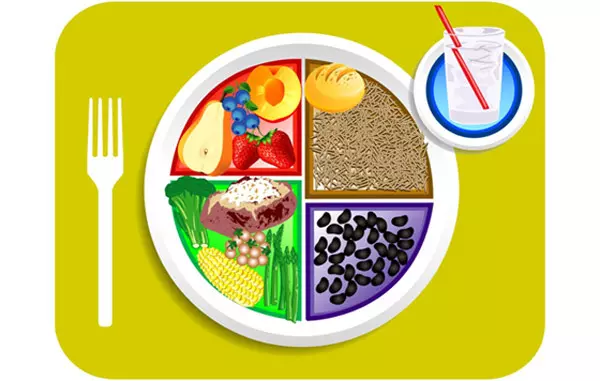
Eating a diet rich in fiber can help eliminate the wastes and toxins from your body (1). Fiber is known to fight against inflammation and aid in healthy digestion. Don’t worry if you have 2 to 3 bowel movements a day. It is healthy. Also, a high fiber diet can help remove excessive estrogen that may be stored in your body (2). This prevents the formation of uterine fibroidsi Noncancerous growths in the uterus that often appear during childbearing and can range from the size of seedlings to bulky masses. (3). Look at beans, legumes, vegetables, fruits, and whole grains as a source of fiber. Try to eat organic food as it will be free from chemicals and pesticides. These unwanted chemicals could impact your fertility, thereby harming your chances of conceiving (4), (5). Also, when eating a high fiber diet, it is important you drink about 8 to 10 glasses of water every day. It will ease the movement of fiber through your digestive tract (6).
According to a systematic review, over 70% of women are estimated to develop them by age 50. They affect the quality of life for millions of women. Approximately 25% of US women with uterine fibroids will experience symptoms severe enough to require treatment.
2. Vegetables
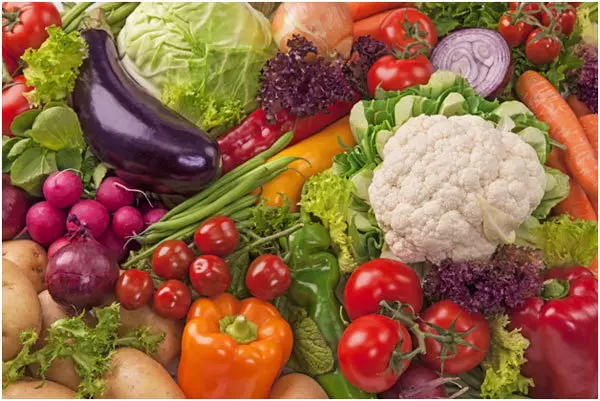
Vegetables are a great source of calcium, potassium, magnesium, and vitamins. Eat a diet rich in vegetables to reduce the risk of fibroids. Vegetables also can also slow down the progress of fibroid tumors as long as you eat vegetables, such as legumes, cabbage, bok choy, and broccoli (7). These vegetables are rich in phytoestrogens. Phytoestrogens have the ability to compete with the body’s estrogen. Thus, phytoestrogens help to bring down your estrogen levels (8), thereby halting the growth of tumors in your uterus.
3. Fruits
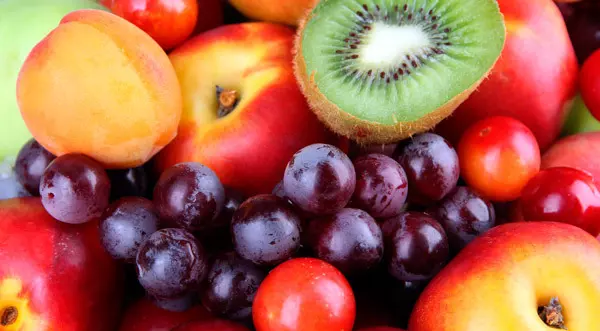
Fruits, rich in vitamin C and bioflavonoidsi A common group of polyphenols that have been used in alternative medicine as an antioxidant to enhance the action of vitamin C. , may help in impeding the growth of fibroids in your uterus (9). They can also normalize your estrogen levels. So make sure you eat a good dose of fruits. Eating estrogen-rich foods that are high in bioflavonoids may also prevent ovarian cancer and may help in keeping your reproductive system healthy (10). In fact, try to eat fruits in between meals when you feel hungry. This will stop you from eating junk and also supply the nutrients required by your uterus to stay healthy.
4. Dairy Products
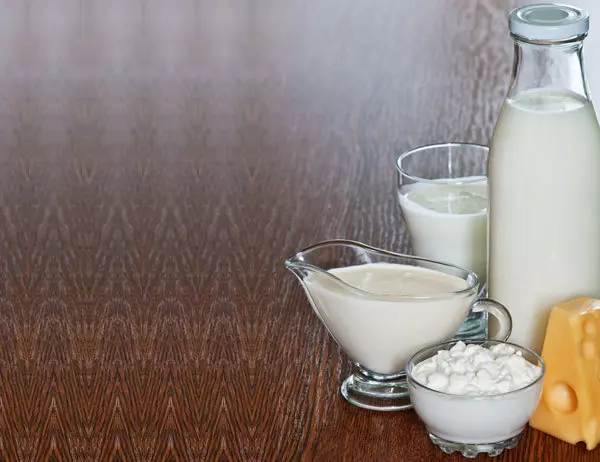
Daily consumption of dairy products like yogurt, cheese, milk, and butter is essential for uterine health (11). These dairy products are rich in calcium and vitamin D. While calcium helps to keep your bones healthy, vitamin D plays a vital role in reducing the risk of uterine fibroids (12), (13). You also need vitamin D to help in the absorption of calcium (14). Yogurt, buttermilk, and certain types of cheese are also rich sources of probiotics that are great for endometrial health.
5. Green Tea

Green tea is filled with antioxidants that improve blood flow in the body. They not only help maintain a healthy uterus but may also aid in treating fibroids in the uterus. According to herbal specialists, women with uterine fibroids should drink green tea regularly for around 8 weeks. This may help in the reduction of the number of fibroids (15).
 Quick Tip
Quick Tip6. Cold Water Fish
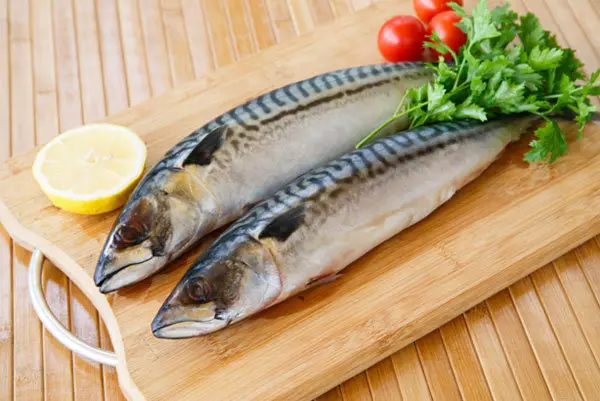
Fish that thrive in cold water, such as mackerel and salmon, are rich in omega-3 essential fatty acids. They help to reduce the production of prostaglandin in the female body (16). This is a hormone-like compound that can cause severe contraction of the uterus. Due to the severity of the contraction, it can sometimes cause the uterus to get malpositioned.
7. Lemon

We all know that lemons are rich in vitamin C and they help to boost our immune system (17). The vitamin also aids in improving the immunity of your uterus. When this happens, your uterus will be better equipped to ward off bacteria, thereby, preventing infections. Consume a glass of warm water with a lemon squeezed into it every day in the morning. This may help improve the health of your uterus. However, the research is limited in this regard.
8. Greens
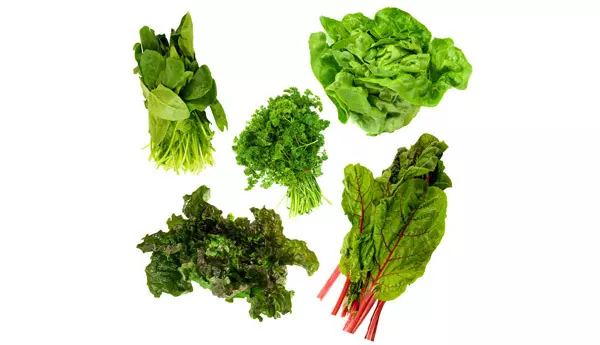
Greens, like kale, spinach, collard greens and stinging nettles, help to maintain the alkaline balance of your uterus. They also provide minerals for the optimal functioning of your nervous system. You can make tea from stinging nettle and consume 2 to 4 cups every day. You can also add other green vegetables to your diet. You will get all the nutrients, including folic acidi The acid that is converted by the body into folate, a part of the vitamin B complex known as B9 essential for a healthy pregnancy. , to ensure your uterus is ready to create a healthy baby.
9. Nuts and Seeds
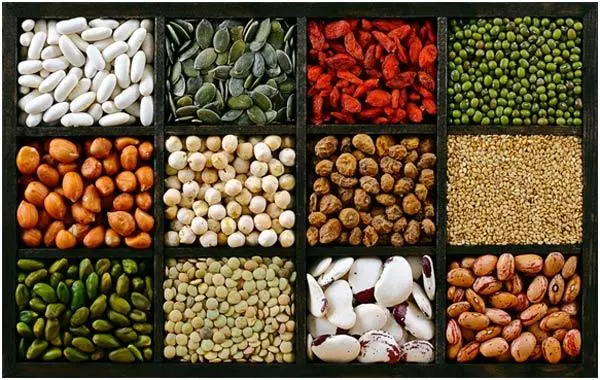
Seeds and nuts are needed by your body for optimal production of hormones to ensure a healthy hormonal balance. Consume seeds and nuts, such as almonds, flaxseeds, and cashew nuts. They are rich in proteins, omega-3 fatty acids, and good cholesterol, which are also known as healthy fats. The omega-3 fatty acids may help in eliminating fibroids and also reduce the risk of uterine cancer (18). The good cholesterol helps maintain your serum cholesterol level. It also prevents the birth of a premature baby or a low-weight full-term baby (19).
10. Quinoa
Quinoa is a versatile superfood that contributes to a healthy uterus in many ways. This high-fiber grain is rich in essential nutrients such as iron, magnesium, and folate, which are crucial for maintaining a healthy uterine environment (20). While iron ensures an adequate supply of oxygen to uterine tissues, prevents anemia, and supports overall uterine well-being, magnesium helps regulate muscle function as well as reduces the risk of uterine spasms and cramps (21), (22), (23). Folate, a vital B-vitamin, is essential for proper cell division and DNA synthesis and supports the growth and repair of uterine tissues (24).
Quinoa also helps maintain hormonal balance and prevent high estrogen levels (2), (25). Additionally, its anti-inflammatory properties may alleviate the symptoms associated with conditions such as endometriosis and uterine fibroids (3), (26).
11. Castor Oil
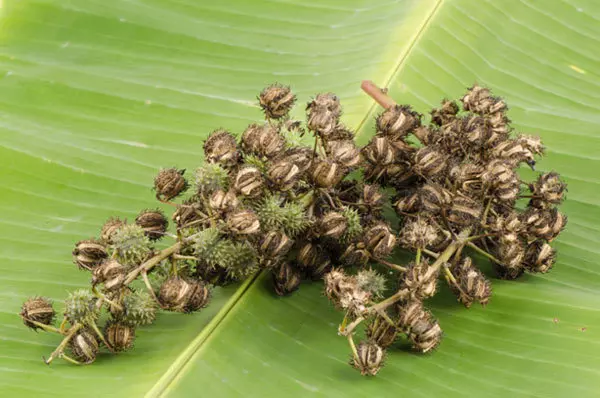
Many of you may remember castor oil from your childhood days when your mother forced you to consume a teaspoon to ease constipation and clean out your system. Well, anecdotal evidence suggests that ingestion of castor oil (yuck!) may help treat ovarian cysts and uterine fibroids. In addition, the presence of ricinoleic acid in castor oil helps to strengthen your immune system. As a result, it makes the uterus more resistant to infections.
 Trivia
TriviaRemember, a balanced diet is essential for maintaining optimal uterine health and promoting overall reproductive well-being. When you provide your body with the necessary nutrients, you support the proper functioning of your reproductive organs and reduce the risk of reproductive health issues.
Key Takeaways
- Eating a fiber-rich diet can aid in the elimination of waste and toxins from your body.
- Consuming dairy products on a daily basis such as yogurt, cheese, milk, and butter is necessary for good uterine health.
- The vitamin C in lemons may help improve uterine immunity.
- Fruits high in vitamin C and bioflavonoids may prevent the formation of fibroids in the uterus.
Infographic: Most Effective Food For A Healthy Uterus
The uterus plays a vital role in the female reproductive system, so it is crucial to keep the uterus healthy. And consuming a healthy and balanced diet is the best way to support uterus health. While you can consume all the foods discussed in the article, some are more effective. The infographic below will provide a snapshot of the most effective foods for maintaining a healthy uterus. Check it out.
Some thing wrong with infographic shortcode. please verify shortcode syntax
Foods for a healthy uterus include fiber-rich foods like fruits, legumes, vegetables, and whole grains. Dairy products, green tea, cold-water fish, lemons, green leafy vegetables, nuts, seeds, and castor oil also help. In addition, following a well-balanced diet, exercising moderately, and maintaining an active lifestyle help promote uterus health and overall well-being. However, please consult your doctor before adding these foods to your diet – especially if you have a preexisting medical condition.
Frequently Asked Questions
How can I keep my uterus healthy?
You should eat a healthy and balanced diet to keep your uterus strong and healthy. Following a fertility diet, after consulting a doctor, can also support uterus health. Additionally, hydration, regular physical exercise, and stress management can keep your uterus healthy.
Which exercise is best for the uterus?
Kegel exercises and yoga can strengthen your pelvic floor muscles and boost blood circulation (27).
How do you know if your uterus is healthy?
You can get regular checkups done to understand the health of your uterus. If you experience pelvic pain, spotting, vaginal itching or burning, consult your doctor.
Illustration: Foods To Eat For A Healthy Uterus
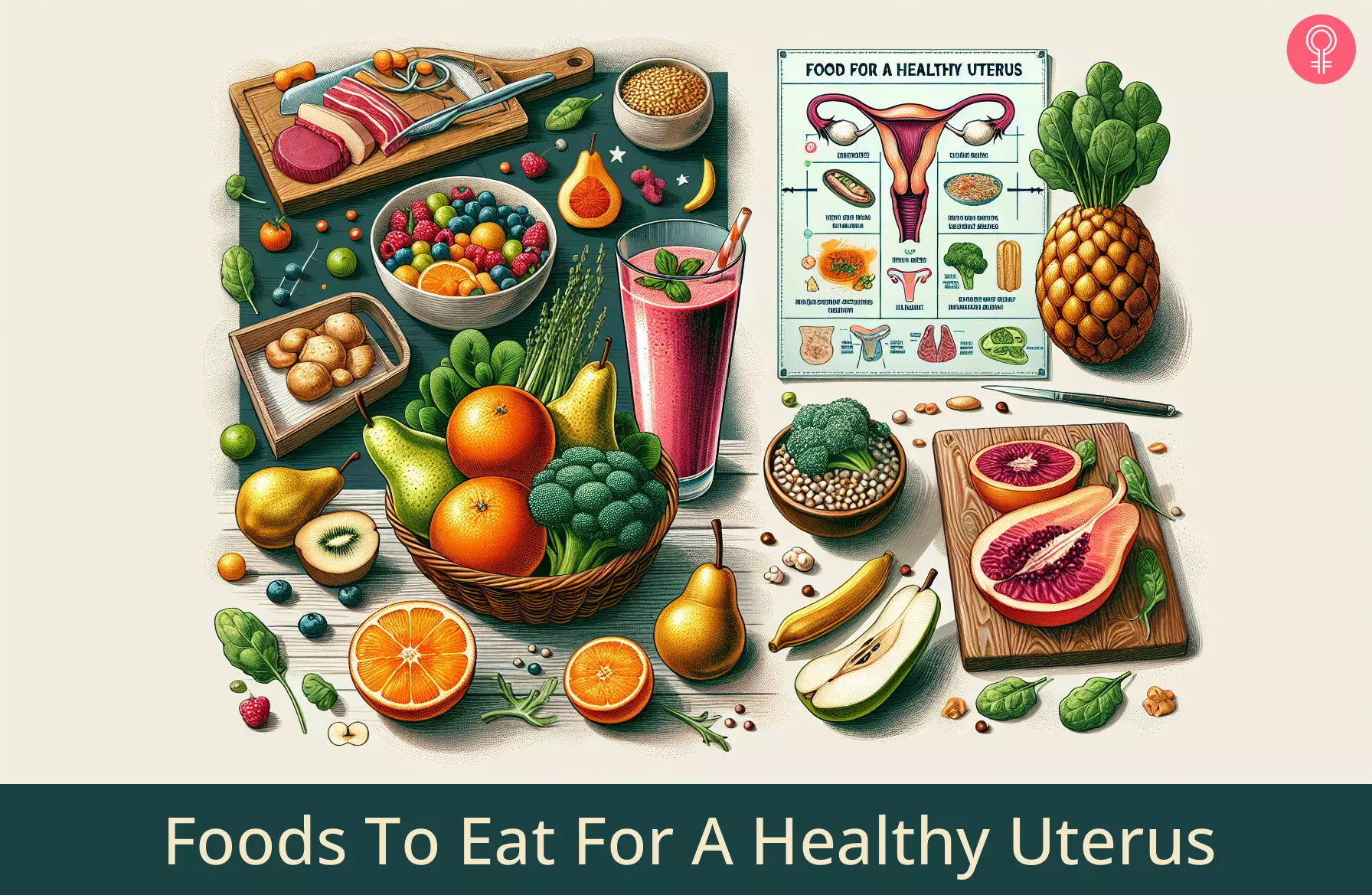
Image: Dall·E/StyleCraze Design Team
Take charge of your uterine health with the right foods! Watch this informative video to discover the top nutrient-rich foods that promote a healthy uterus and overall reproductive well-being.
References
Articles on StyleCraze are backed by verified information from peer-reviewed and academic research papers, reputed organizations, research institutions, and medical associations to ensure accuracy and relevance. Read our editorial policy to learn more.
- Dietary Fiber Atherosclerosis and Cardiovascular Disease
https://www.ncbi.nlm.nih.gov/pmc/articles/PMC6566984/ - High-fiber diet reduces serum estrogen concentrations in premenopausal women
https://pubmed.ncbi.nlm.nih.gov/1652197/ - Nutrition in Gynecological Diseases Current Perspectives
https://www.ncbi.nlm.nih.gov/pmc/articles/PMC8065992/ - Environmental Contaminants Affecting Fertility and Somatic Health
https://www.ncbi.nlm.nih.gov/pmc/articles/PMC6425478/ - Reproductive disorders associated with pesticide exposure
https://pubmed.ncbi.nlm.nih.gov/18032334/ - Water supplementation enhances the effect of high-fiber diet on stool frequency and laxative consumption in adult patients with functional constipation
https://pubmed.ncbi.nlm.nih.gov/9684123/ - Vegetarian diet and reduced uterine fibroids risk A case-control study in Nanjing China
https://pubmed.ncbi.nlm.nih.gov/26458740/ - Phytoestrogen
https://www.sciencedirect.com/topics/medicine-and-dentistry/phytoestrogen - Micronutrient and Trace Element Levels in Serum of Women With Uterine Fibroids in Lagos
https://pubmed.ncbi.nlm.nih.gov/34765381/ - In vitro response of human ovarian cancer cells to dietary bioflavonoid isoquercitrin
https://pubmed.ncbi.nlm.nih.gov/31271108/ - Dairy and related nutrient intake and risk of uterine leiomyoma a prospective cohort study
https://pubmed.ncbi.nlm.nih.gov/32086510/ - Calcium and bone
https://pubmed.ncbi.nlm.nih.gov/22609892/ - Can vitamin D reduce the risk of uterine fibroids?
https://www.ncbi.nlm.nih.gov/pmc/articles/PMC4209245/ - Calcium and Vitamin D: Skeletal and Extraskeletal Health
https://www.ncbi.nlm.nih.gov/pmc/articles/PMC2669834/ - Treatment of symptomatic uterine fibroids with green tea extract: a pilot randomized controlled clinical study
https://www.ncbi.nlm.nih.gov/pmc/articles/PMC3742155/ - Role of omega-3 polyunsaturated fatty acids in the production of prostaglandin E2 and nitric oxide during experimental murine paracoccidioidomycosis
https://pubmed.ncbi.nlm.nih.gov/24455741/ - Vitamin C and Immune Function
https://www.ncbi.nlm.nih.gov/pmc/articles/PMC5707683/ - Omega-3 and omega-6 fatty acid intakes and endometrial cancer risk in a population-based case–control study
https://www.ncbi.nlm.nih.gov/pmc/articles/PMC3548981/ - Preterm delivery and low maternal serum cholesterol level Any correlation?
https://www.ncbi.nlm.nih.gov/pmc/articles/PMC4178338/ - Innovations in Health Value and Functional Food Development of Quinoa (Chenopodium quinoa Willd.)
https://www.ncbi.nlm.nih.gov/pmc/articles/PMC4957693/ - Impact of iron supplementation on patient outcomes for women with abnormal uterine bleeding: a protocol for a systematic review and meta-analysis
https://systematicreviewsjournal.biomedcentral.com/articles/10.1186/s13643-023-02222-4 - Magnesium in the gynecological practice: a literature review
https://pubmed.ncbi.nlm.nih.gov/28392498/ - Evaluating the effect of magnesium and magnesium plus vitamin B6 supplement on the severity of premenstrual syndrome
https://www.ncbi.nlm.nih.gov/pmc/articles/PMC3208934/ - Folate
https://ods.od.nih.gov/factsheets/Folate-HealthProfessional/ - Quinoa (Chenopodium quinoa Willd.) as a source of dietary fiber and other functional components
https://www.researchgate.net/publication/262446574 - Uterine Fibroids and Diet
https://www.ncbi.nlm.nih.gov/pmc/articles/PMC7908561/ - Effects of Kegel exercises for the management of pelvic floor muscles weakness after episiotomy
https://www.researchgate.net/publication/347443797_Effects_of_Kegel_exercises_for_the_management_of_pelvic_floor_muscles_weakness_after_episiotomy
Read full bio of Tracy Tredoux
Read full bio of Tanya Choudhary
Read full bio of Arshiya Syeda
Read full bio of Himanshi Mahajan






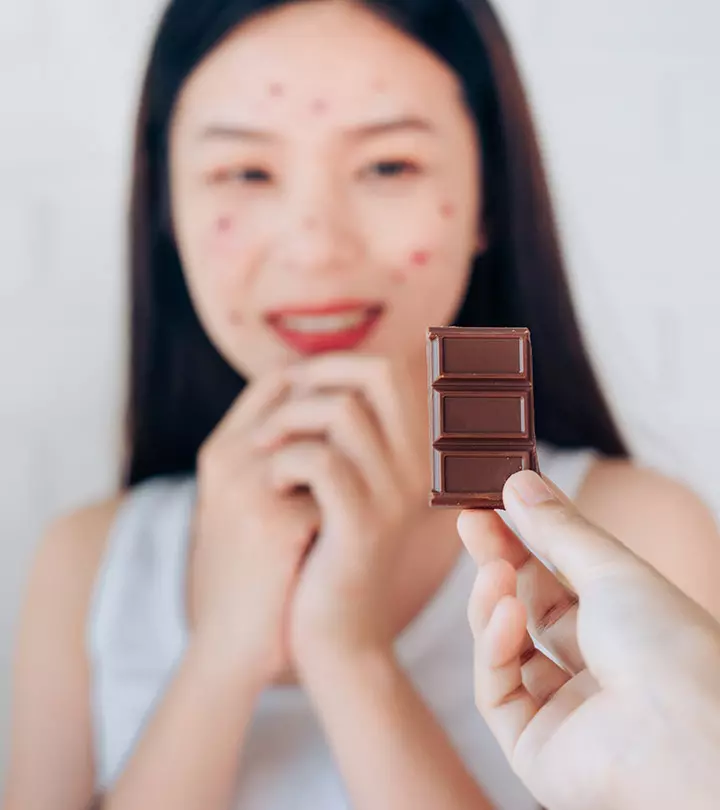
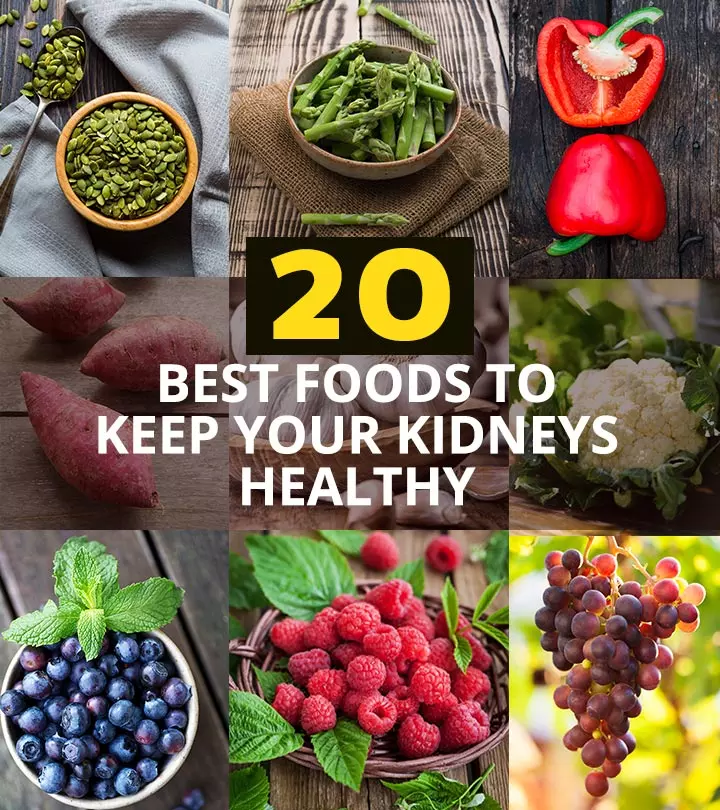
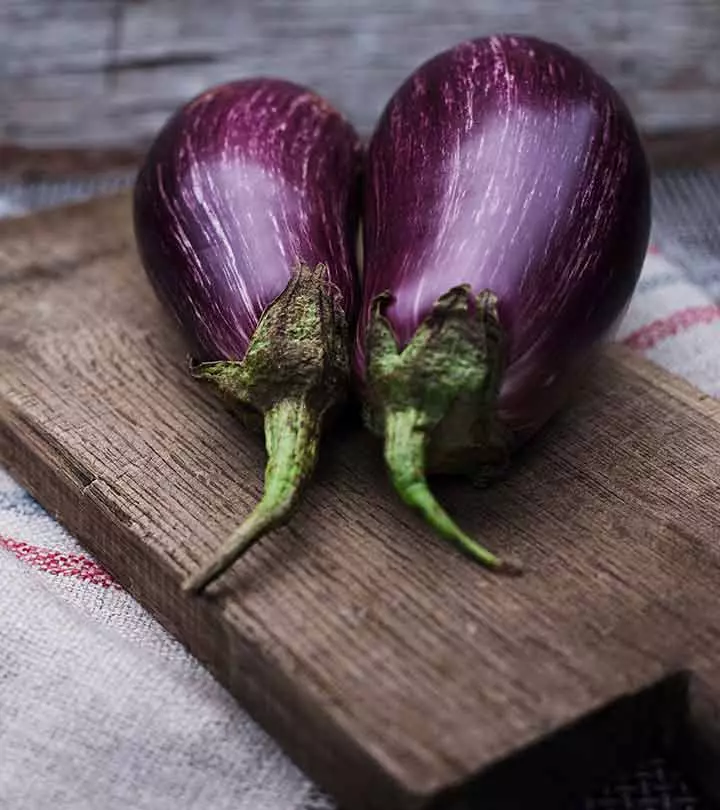
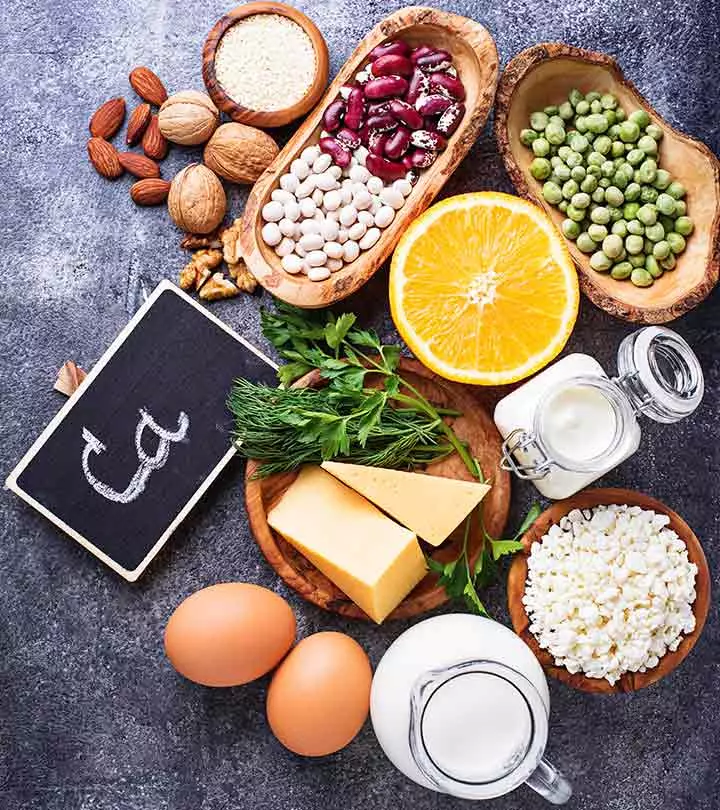
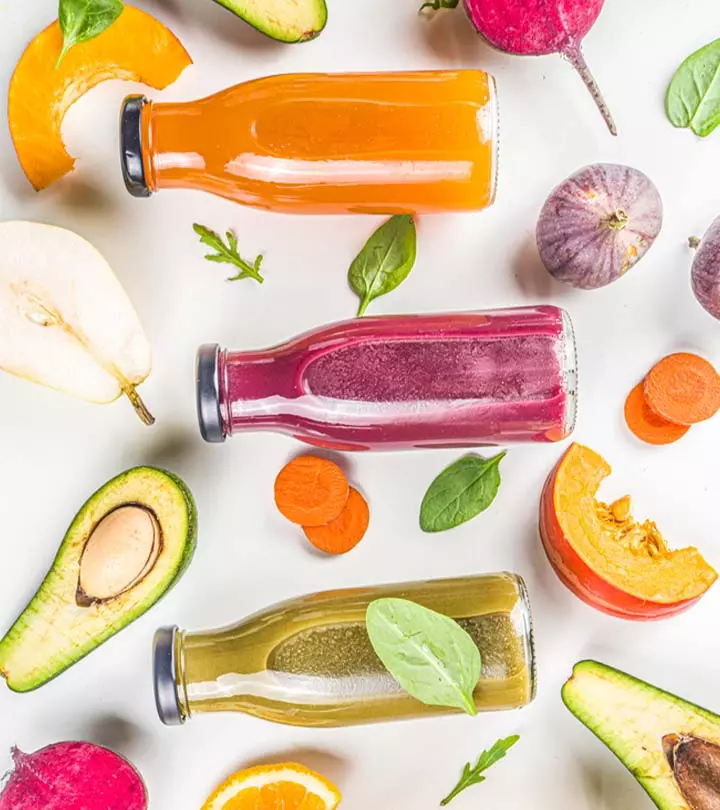

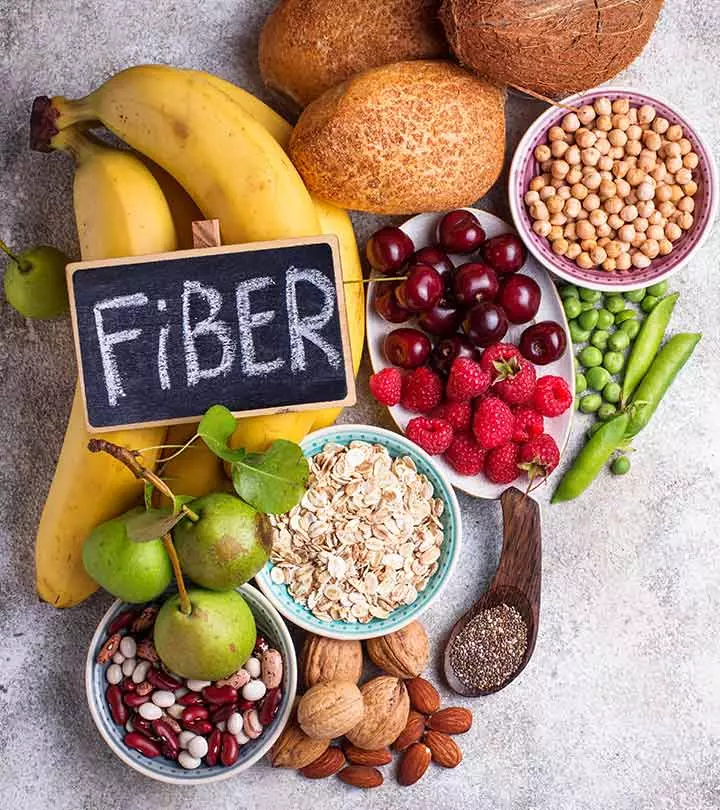

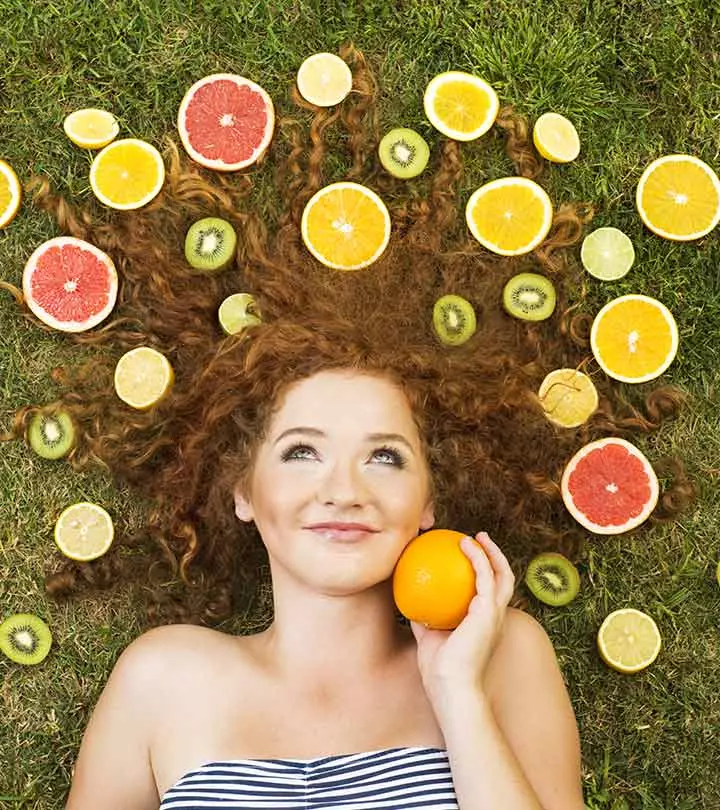
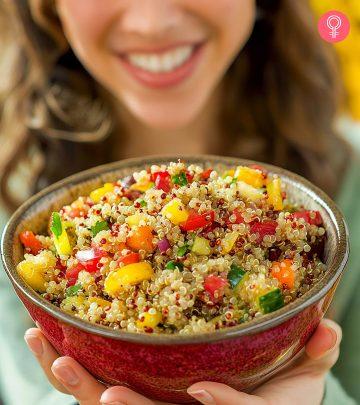
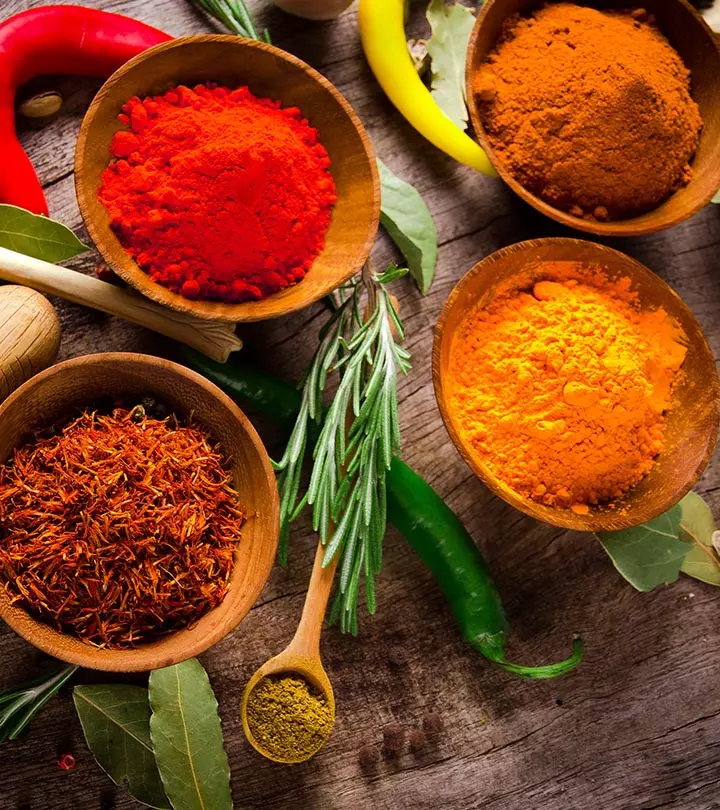
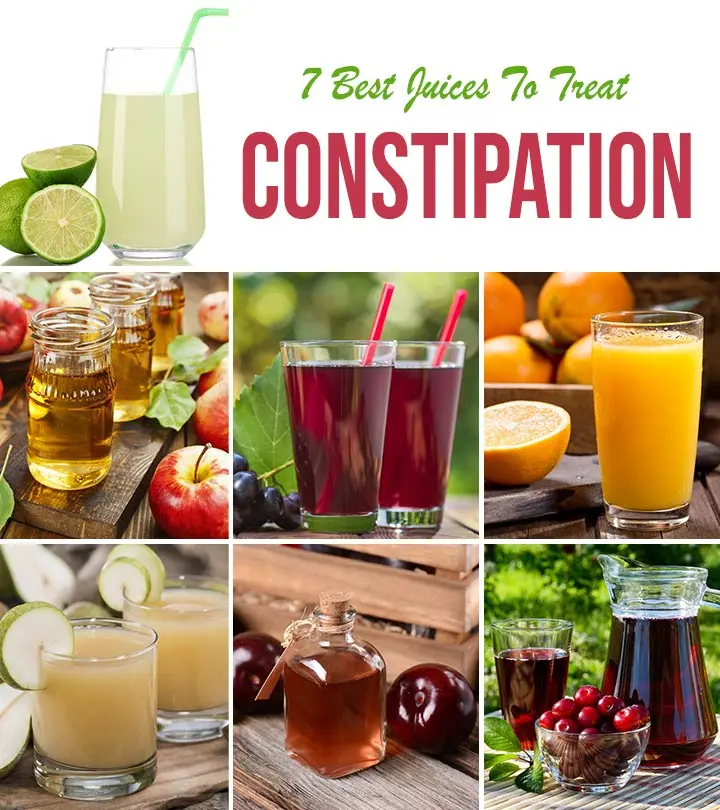

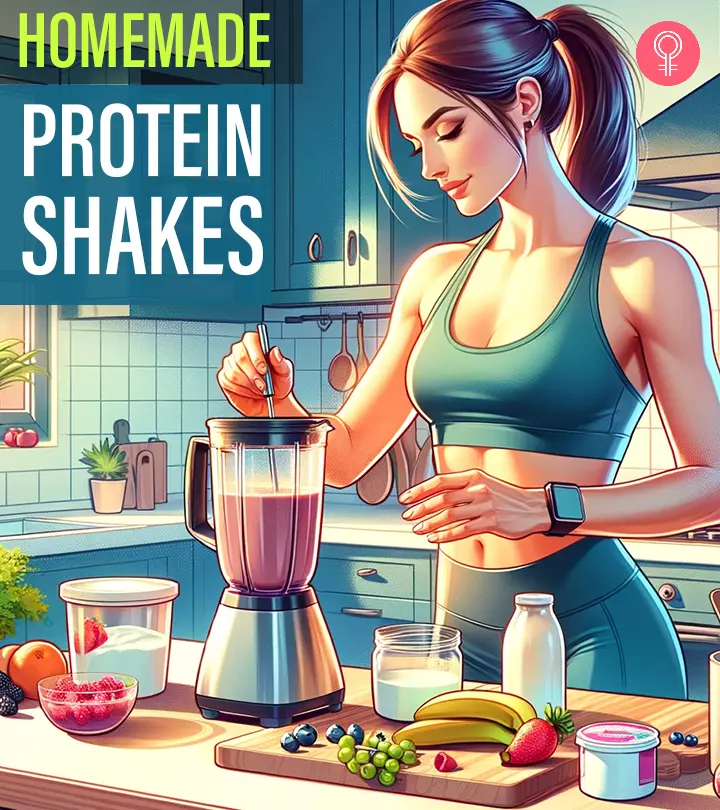
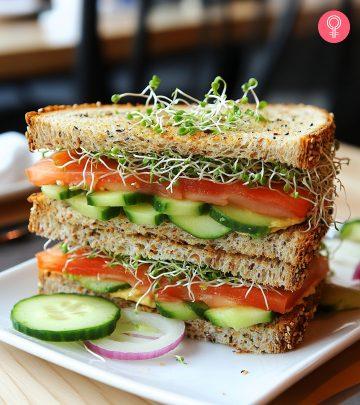

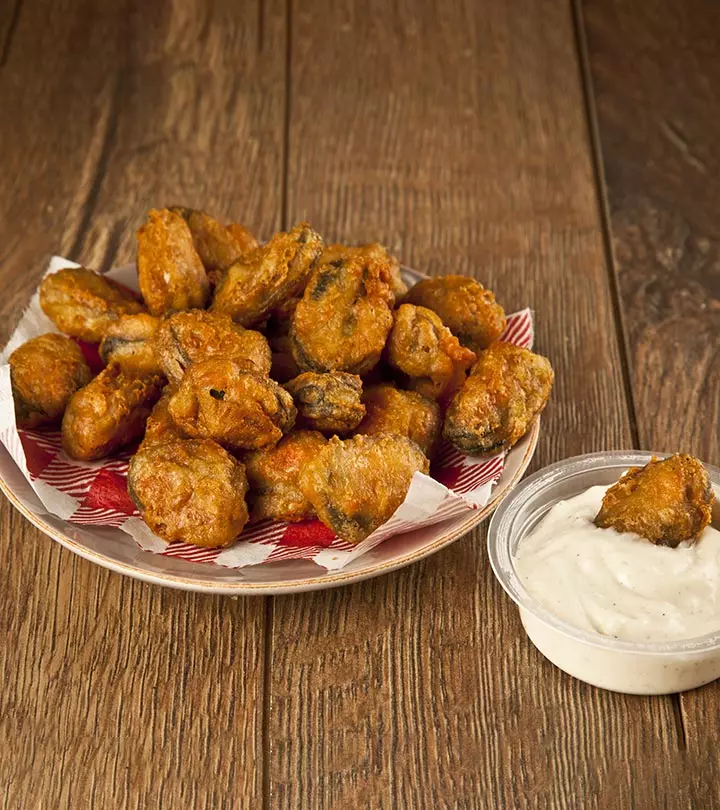
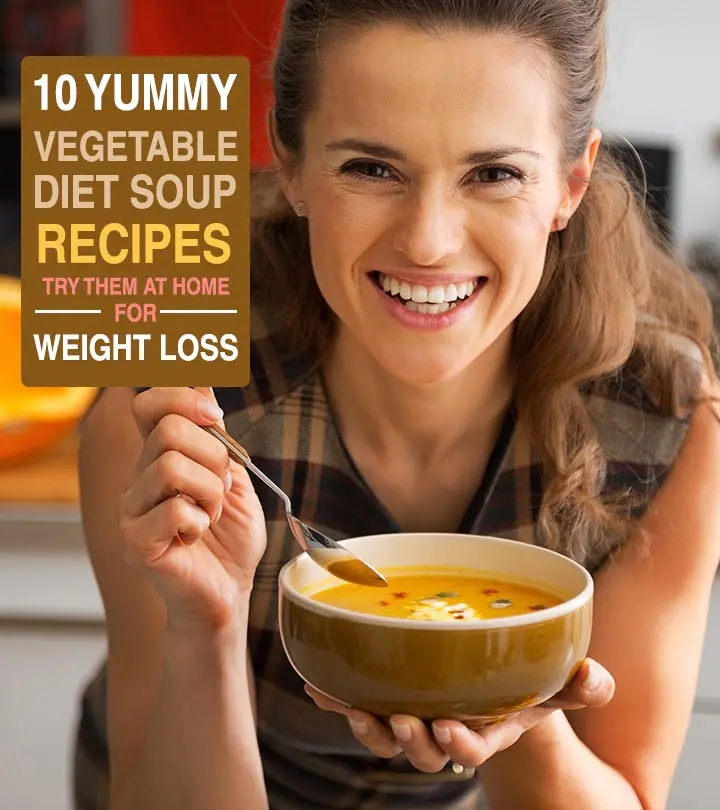
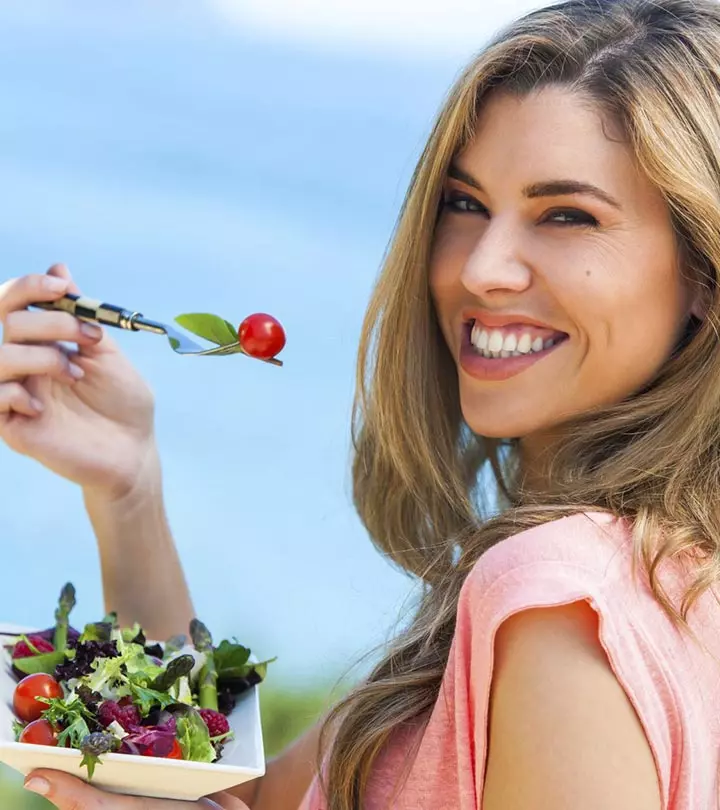
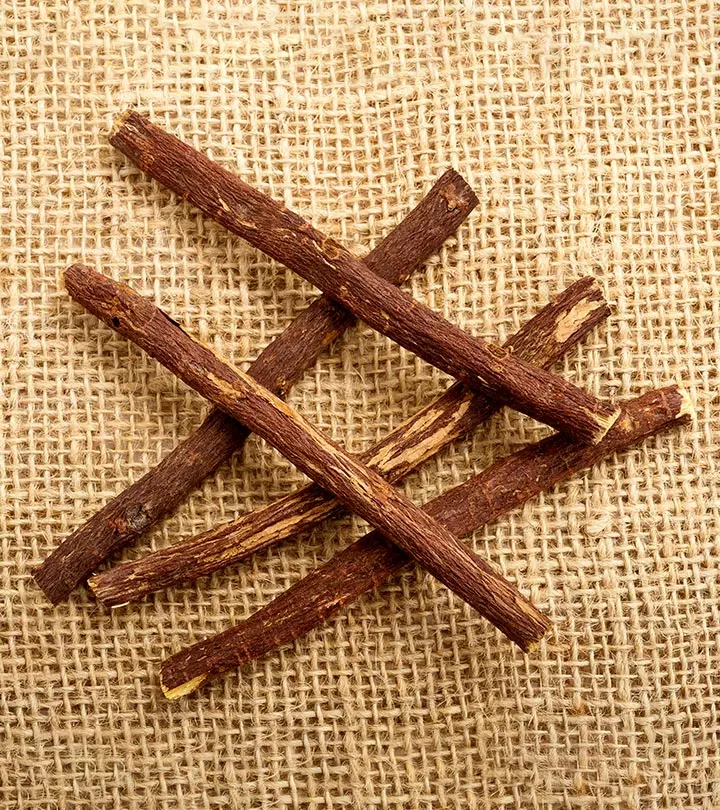
Community Experiences
Join the conversation and become a part of our empowering community! Share your stories, experiences, and insights to connect with other beauty, lifestyle, and health enthusiasts.